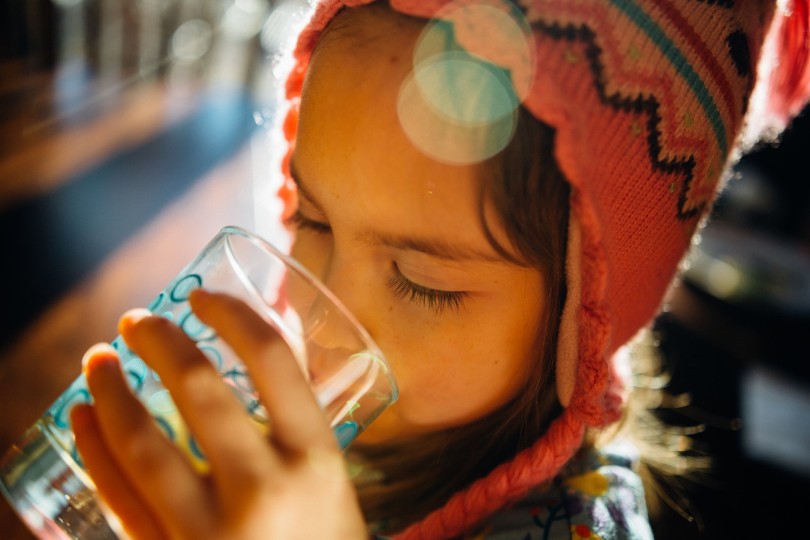How does Battery Energy Storage work?
19 Apr 24
Enviro ChatThe Global News Source for the World of Science and Chemicals
20 September 2021
Enviro Chat
The UAE is set to embark upon an ambitious trial programme that will extract up to 6,700 litres of drinking water from the air on a daily basis. The network of sophisticated water generators at the heart of the initiative are developed by US company Aquovum and will come online when the temperature reaches 26°C and humidity levels exceed 60%.
Once the water has been collected, it will be transported to a dedicated treatment station, where it will be rendered safe for human consumption via a complex cleaning process. Then it will be ferried back out to water dispensers where Emirati citizens can refill their own water bottles, free of charge.
The so-called “hyper dehumidifiers” will be trialled at Masdar, a planned sustainable city which will be located next to Abu Dhabi airport. Powered by a 54-acre field of 87,777 solar panels, the dehumidifiers will run oversized fans that can suck moisture-rich air from their vicinity in times of high humidity.
The air is then funnelled through pipes that are cooled using a specially designed liquid coolant, encouraging the air to reach “dew point”. At this moment, the vapour will turn into condensation and the resulting water is collected, purified and transported to free water filling stations around the city. If successful, the plan could serve as a blueprint for improving the UAE’s water security across the country – and perhaps even around the world.
Indeed, securing access to clean drinking water is a problem all over the planet. According to figures supplied by the World Health Organisation, there are more than 2.2 billion people worldwide who do not have immediate access to a clean supply of drinking water on their premises when they require it.
Climates which are prone to hot and humid weather – such as those found in the UAE – are particularly susceptible to water scarcity. At present, much of the UAE’s drinking water is provided via desalination plants, which remove salt and other impurities from seawater to provide citizens with enough water to keep them hydrated. However, the process employs natural gas and diesel to purify the water, which is very energy-intensive and results in a large volume of carbon emissions.
By contrast, the hyper dehumidifiers developed by Aquovum are much more environmentally friendly in their operation. Since they are powered by renewable solar energy, there are no carbon emissions associated with them at all, making them a far more attractive solution to the problem. Meanwhile, the fact that they can access a resource that’s already in plentiful supply makes them very promising for the future.
“Almost shockingly, being that the UAE is one of the water-stressed areas in the world, it has adequate temperature and humidity to provide an infinite supply of water through dehumidification,” explained Robert Wood, chief technological officer of Aquovum. “Unclean water is a terrible problem and the worst part is that in theory, it's solvable, simply by capturing moisture in the air. This technology is going to be simple, sustainable and scalable.”
DOWNLOAD PDF

2 Day Seminar Program
@ ArabLab+ 2024
24 & 25 September 2024
Your stay in Dubai
Labkit
Product News
Chemkit
Product News
Thinking about exhibiting at ARABLAB 2024? Watch our video to find out more.
Join the world’s leading organisations…
Join our mailing list and receive the ARABLAB newsletter and event updates.